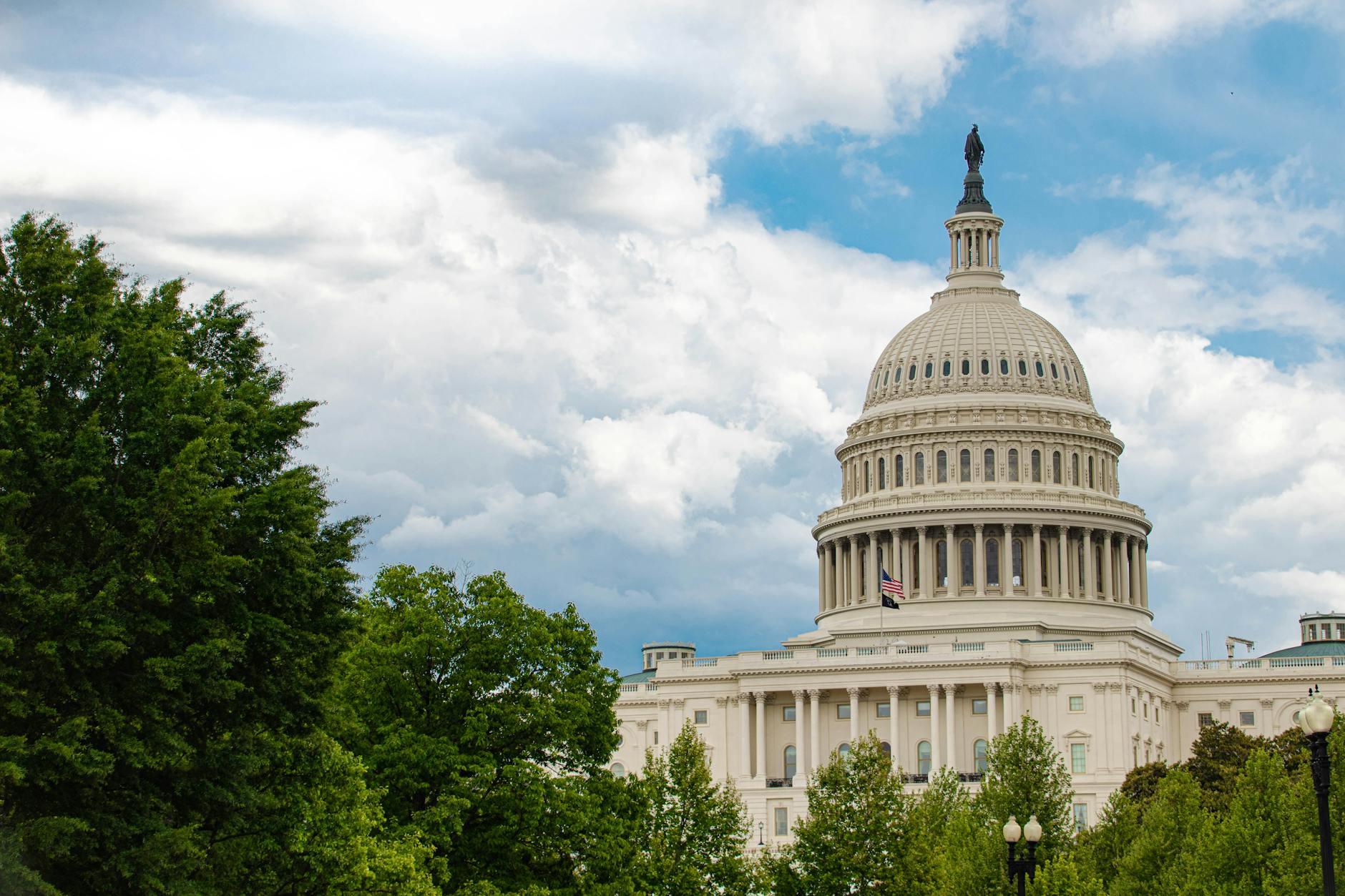In an unprecedented turn of events that has political pundits chuckling and conspiracy theorists taking notes, Congress is debating the installation of lie detectors in the Senate chamber. The proposal has sparked heated discussions on Capitol Hill, with supporters hailing it as a bold move toward political transparency and opponents warning of a potential legislative circus.
Lie Detectors: For Truth, Transparency, or Just Laughs? The proposal, put forth by Representative Honest Abe (not that Honest Abe), argues that installing lie detectors could help restore public faith in the government. “We’ve heard enough double-speak and empty promises,” Abe stated during a press conference. “It’s time to hold our leaders accountable—not just with votes, but with veracity.”
Political Pantomime or Proactive Measure? Reactions within Congress have been mixed. Some senators have embraced the idea, viewing it as an opportunity to show their honesty. “It’s about time we had more tools to fight fake news and restore trust in our institutions,” said one enthusiastic senator, who requested to remain anonymous for the duration of the debate.
Others, however, argue that the measure is overly theatrical and could transform the Senate floor into a political pantomime. “Our job is to legislate, not to compete in a reality show,” quipped Senator Whistler, jokingly suggesting that cameras be installed to complete the setup, turning C-SPAN into a late-night ratings sensation.
Lie Detectors in Action: Political Drama or Practicality? Critics have also raised concerns about the potential pitfalls of lie detector tests, pointing to their questionable accuracy and susceptibility to being fooled by skilled speakers. “The last thing we need is for the Senate to become a game show where charismatic politicians can game the system,” warned one political analyst.
Despite the criticism, the idea has gained traction in certain circles, with some advocates suggesting additional measures such as truthfulness scorecards and weekly “Truth or Dare” debates to enhance political accountability.
The Public’s Verdict: Hilarity or Horror? Public response has been split between hilarity and horror. Social media has lit up with a mix of sarcastic memes and earnest calls for transparency, while late-night hosts have wasted no time cracking jokes about lie detector installations. Meanwhile, political science professors across the nation shake their heads, questioning the proposal’s potential impact on American democracy.
Conclusion: Transparency or Tremors? As the debate rages on, one thing is certain: installing lie detectors in the Senate chamber would mark a dramatic shift in American politics. Whether it would lead to greater transparency or turn legislative sessions into political theatrics, only time—and perhaps a few polygraph spikes—will tell. For now, Congress and the public watch with bated breath, wondering if lie detectors might be the new standard for political accountability or just another entertaining distraction.

